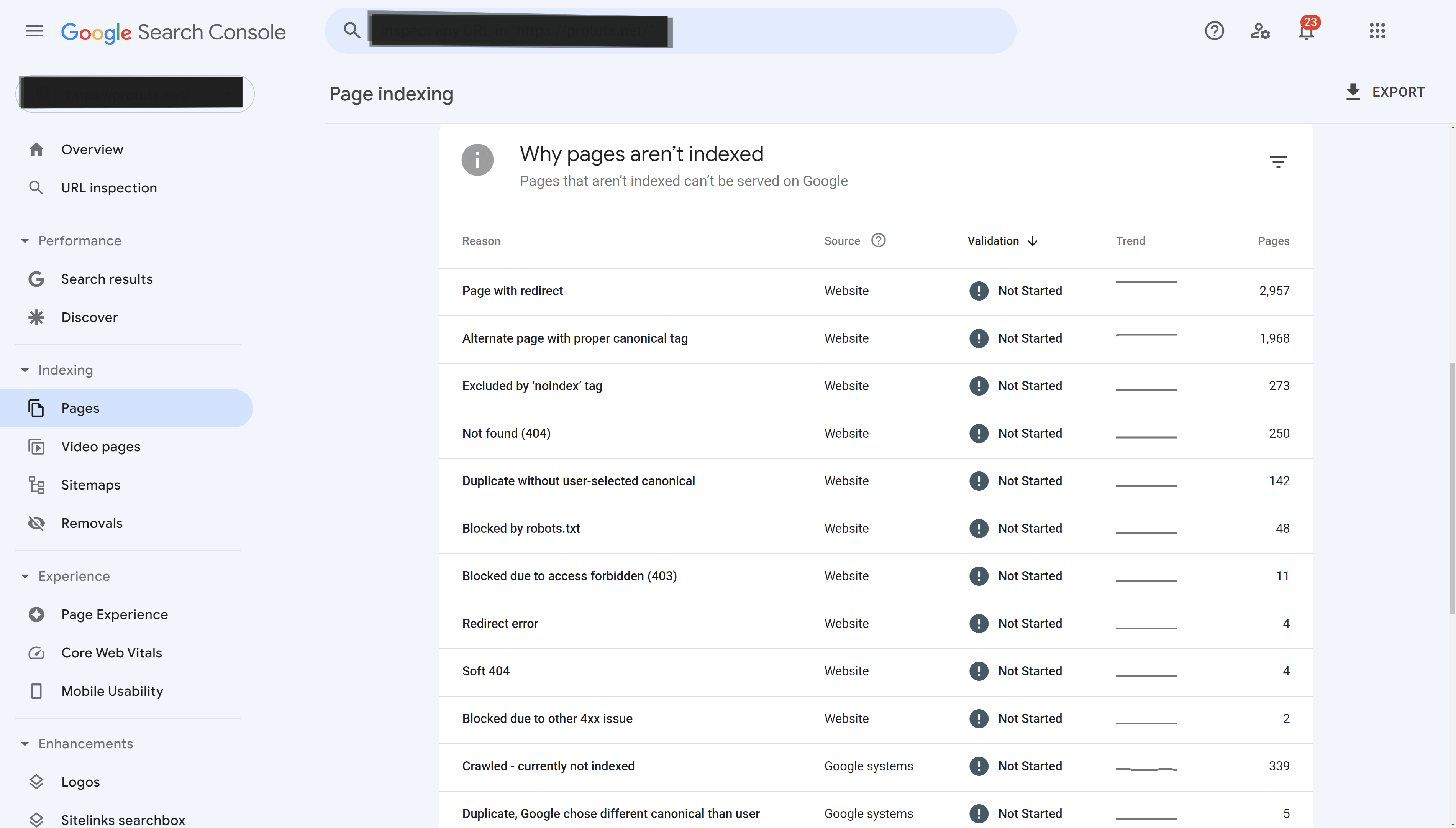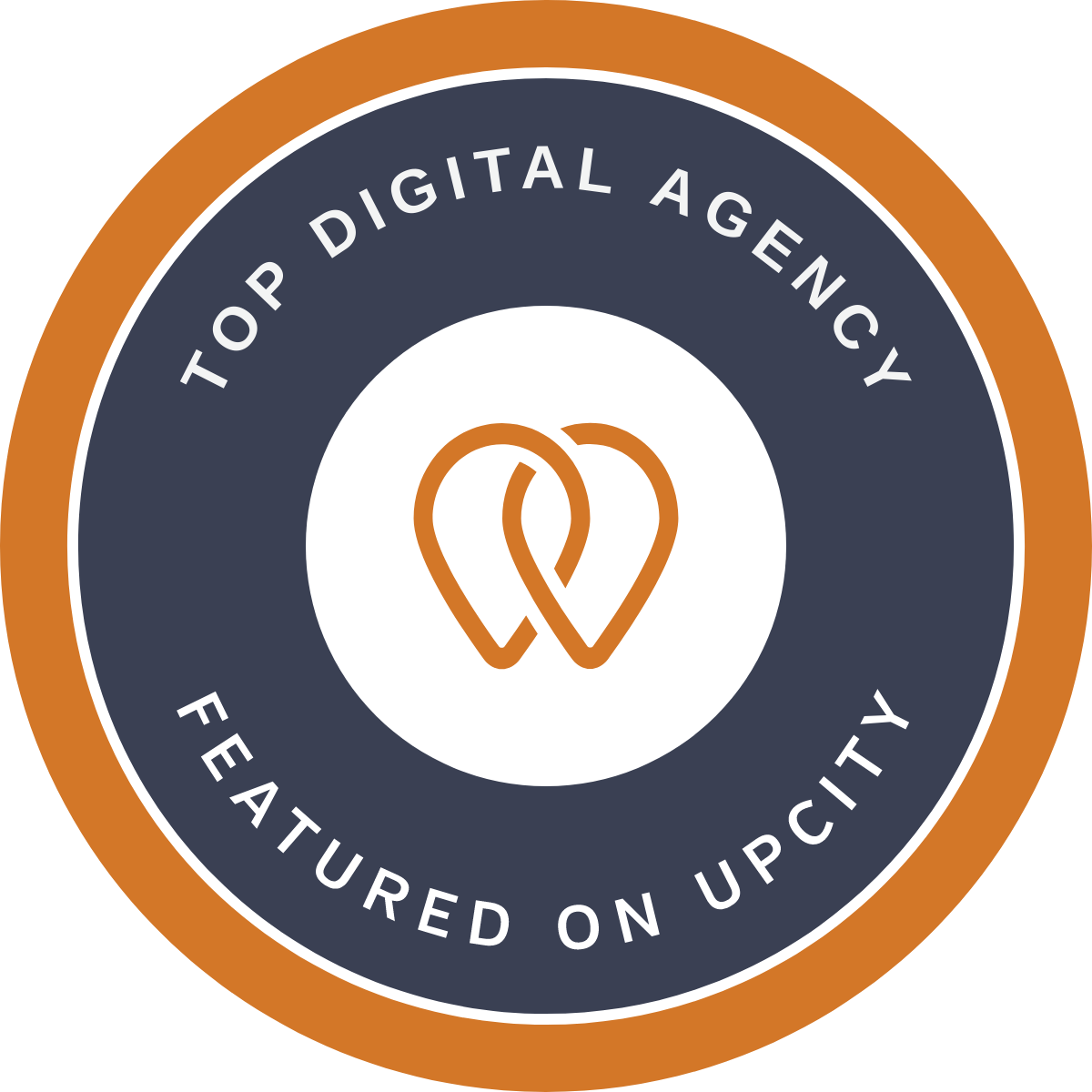Google Ads is a program that allows advertisers to show ads on Google.com and across the Web, including YouTube, Gmail, and other websites in the Google Display Network. The ads are based on both keywords entered by the advertiser (or picked up from content on the page) and information about the user’s browsing history (including previous clicks on similar ads).
Google Ads is an effective way to reach out to potential customers, but it can be tricky to get started. This guide will walk you through the basics of setting up a Google Ads account and creating your first campaign. We’ll also cover some essential tips for getting the most out of your advertising investment.
1. What is Google Ads?
Google Ads is an online advertising platform that enables businesses to reach potential customers through paid ads that appear on Google.com and other Google properties. Companies can create ad campaigns that target specific keywords or groups of keywords, and they can set a budget for how much they’re willing to spend on each click. Google Ads also offers several features that help businesses track the performance of their ads and fine-tune their campaigns for better results. As a result, it’s an effective way to reach potential customers and grow a business.
2. How to set up your account and get started with a campaign
Setting up a drug rehab PPC campaign can be a great way to generate leads and get more clients, but it’s essential to do it correctly. Here are some tips on how to set up your drug rehab PPC account and get started with your first campaign:
1. Choose the right keyword: When choosing keywords for your drug rehab PPC campaign, it’s essential to select those relevant to your services that potential clients are likely to search for. You can use a tool like Google AdWords Keyword Planner to research keywords and see how much competition there is for each one.
2. Make your ad relevant and targeted: Your ad should be relevant to the keywords you’re targeting and focus on your services’ benefits. It’s also essential to make sure your ad is targeted to the right audience. You can do this by using specific keywords and targeting options in Google Ads.
3. Set a budget and bid: Once you’ve chosen your keywords and created your ad, you’ll need to set a budget for your campaign. This will determine how much you’re willing to spend on each click. You can also set a bid, which is the amount you’re willing to pay for each click.
4. Monitor your campaign: Once your campaign is up and running, it’s important to monitor your results so you can make changes as needed. By tracking your click-through rate (CTR) and conversion rate, you can do this. If your CTR is low, you may need to adjust your keywords or ad copy. If your conversion rate is low, you may need to adjust your bids or target audience.
5. Make changes and continue to monitor: As you watch your campaign, you’ll likely need to make changes along the way. These could be small changes like adjusting your bids or ad copy, or more significant changes like adding new keywords or changing your target audience. The important thing is to continue monitoring your results and making changes as needed to ensure your campaign is successful.
2. Write effective ads: Once you’ve chosen your keywords, you need to write ads that will attract
Writing compelling ads is essential for any business, but it can be vital for drug rehab centers. After all, drug rehab centers often compete for the same keywords, so it’s vital to write ads that will stand out from the rest. Here are a few tips to keep in mind:
First, focus on the benefits of your drug rehab center. What makes your center unique? What can you offer that other centers can’t? Highlighting these benefits in your ads can help you attract attention and clicks.
Second, make sure your ads are relevant to your keywords. If you’re bidding on the keyword “drug rehab,” make sure your ad mentions drug rehab specifically. Otherwise, people who click on your ad may be disappointed.
3. Google ads targeting options, including search terms, location, demographics, and interests
Google offers various targeting options to advertisers, including search terms, location, demographics, and interests. Advertisers can use these options to target ads to specific audiences. For example, drug rehab centers can use the search term “drug rehab” to target ads to users who have searched for that term.
They can also use location targeting to show ads to users in specific geographic areas. Additionally, they can use demographic targeting to show ads to users of a certain age, gender, or income level. Finally, they can use interest targeting to show ads to users who have expressed interest in drug rehab or other related topics. By using these targeting options, drug rehab centers can ensure that their ads are seen by the people who are most likely to be interested in
4. Ad formats and ad extensions that can be used in campaigns
One popular ad format that can be used in drug rehab PPC campaigns is the callout extension. This ad extension allows you to include additional text beneath your ad, which can be used to highlight special features or services that your treatment center offers.
Another effective ad format is the sitelink extension, which allows you to include links to specific pages on your website, such as your admissions page or your About Us page. You can also use the call extension to include your phone number in your ad, making it easy for potential patients to get in touch with you.
Using these ad formats and extensions, you can make your drug rehab PPC campaign more effective and increase your chances of getting more leads.
5. Best practices for getting the most out of your advertising investment
As the pay-per-click (PPC) landscape becomes more competitive, it is important to use best practices to get the most out of your advertising investment. Drug rehab providers, in particular, face many challenges when it comes to PPC. First, there is a lot of competition for keywords related to drug addiction and recovery. Second, drug rehab is a sensitive topic, so ads must be carefully crafted to avoid coming across as insensitive or exploitative. Finally, drug rehab providers need to be aware of potential regulations around the use of specific keywords and phrases.
Despite these challenges, drug rehab providers can succeed with PPC by following best practices. For example, it is important to use relevant and targeted.
Conclusion
The stakes are high for drug rehab centers. They’re not just competing with other rehab centers; they’re also in a competitive marketplace where there may be hundreds of providers bidding on the same keywords and phrases to attract potential clients. But by considering these neuroscience sales tips and applying them to your digital marketing strategy, you can ensure that your rehab center is visible to those in need and that you’re able to connect with them in a way that resonates.
It’s important to use relevant and targeted keywords in your PPC campaigns, as well as to take advantage of Google’s targeting options. Additionally, using effective ad formats and extensions can help you get more leads. Finally, following best practices for PPC can help you get the most out of your advertising investment. By considering these tips, you can ensure that your drug rehab center is visible to those in need and that you’re able to connect with them in a way that resonates.
Red Cardinal Digital Marketing – A Houston Rehab Marketing Agency
If you’re looking to start a successful PPC campaign for your drug rehab center, Red Cardinal Digital Marketing can help. We have years of experience in the industry and know what it takes to achieve success. Contact us today to learn more about our services and how we can help you reach your goals.













